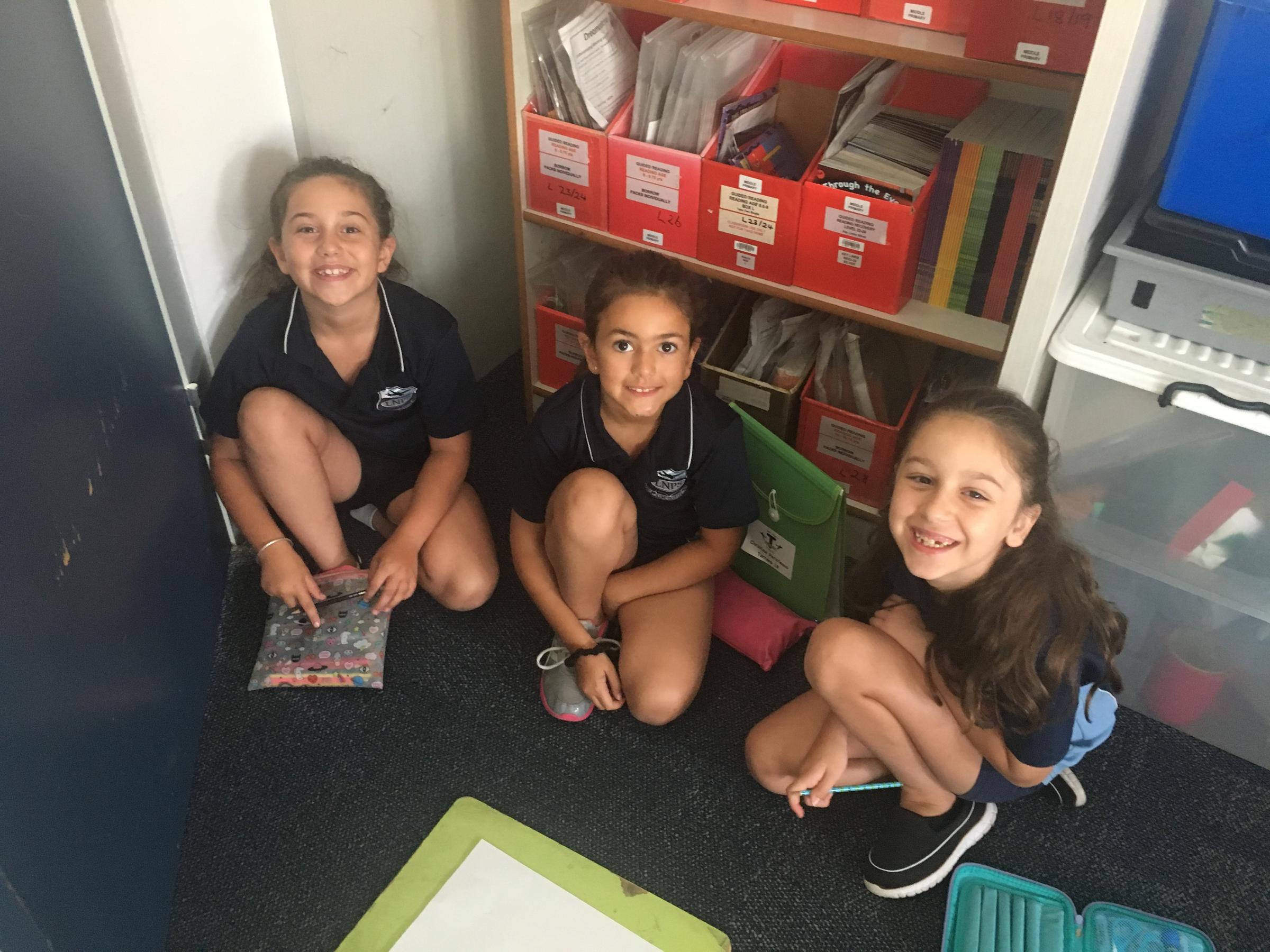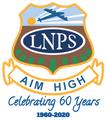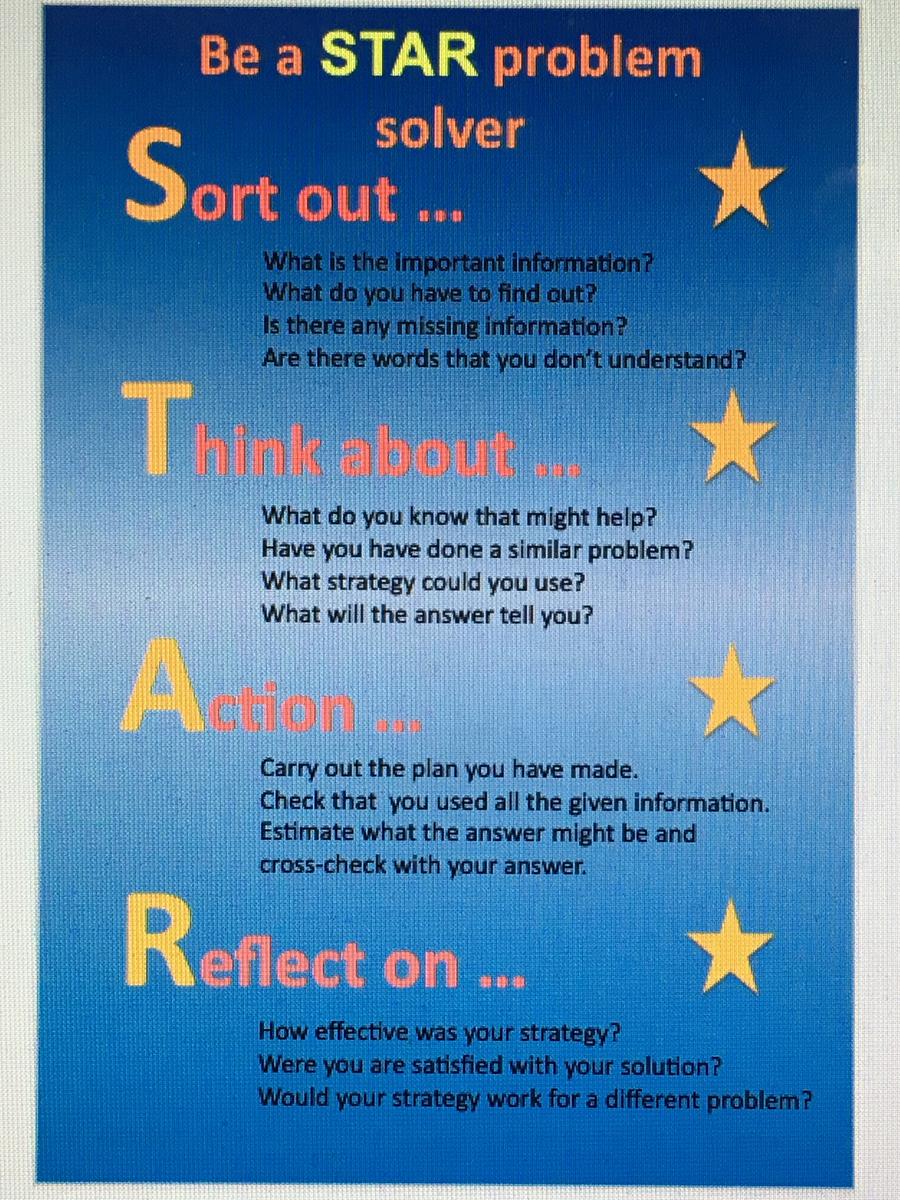English & Mathematics

English The study of English helps create confident communicators, imaginative thinkers and informed citizens. It is through this study that individuals learn to analyse, understand, communicate with and build relationships with others and with the world around them. Students will develop knowledge, understanding and skills in listening, reading, viewing, speaking, writing and creating through the study of English.
Writing
The writing program this semester will include Narrative and Exposition text types. Through these texts students will be able to express creative ideas, develop vocabulary, explain and justify points of view .
Through daily writing tasks students will be able to focus on the conventions of writing such as punctuation, paragraphing and sentence structure. They will be provided with opportunities to refine proof reading and editing skills which complete the writing process.
Reading
Reading has always been an important life skill. In our modern world it is more important than ever.
Your child will bring home a reader to practise their reading . The aim of the homework reading program is not for children to read more difficult books as quickly as possible, but rather to enjoy reading and practise some of the skills and strategies they have learnt at school.
Students will engage in a variety of experiences where they will be responding to literature through 'Read Aloud' sessions and discussions of a selected class novel. This term all Torrens students will listen to the book George's Marvellous Medicine by Roald Dahl.
Comprehension skills categorised as being a Here, Hidden or Head strategy, depending upon how information is gathered by the reader to comprehend, will be developed through the novel study.
Premier's Reading Challenge
Students are encouraged to participate in the 2019 Premier's Reading Challenge. The Challenge requires students to read 12 books between the beginning of the school year and early September. The books read need to be recorded on the offical Student Reading Record sheet.
Word Study
Students will continue to develop understanding of the four spelling knowledges (morphemic, visual, phonological and etymological) through Word Study workshops three times a week.
Through workshop learning activities they will discover new spelling rules and generalisations which they are then expected to use when writing. Activities will focus on syllabification, long and short vowel sounds, suffixes and prefixes, homonyms and plurals.
Speaking and Listening
To develop speaking and listening skills, students will be involved in a variety of formal and more spontaneous activities throughout the semester. This will include scheduled oral presentations and active listening opportunities.
Mathematics
Learning Mathematics is an active process where students build their own mathematical understanding through interaction with the ideas they hold and alternative ideas held by others. Students will be encouraged and supported to take risks and will learn to persevere with new or different and more efficient ways of thinking and solving problems, and will understand that mistake making is an important part of their learning.
The way we programme learning ensures students have repeated opportunities to revisit concepts which supports those who need multiple exposure and repetition. Those who have mastered a concept have opportunities to apply and stretch their learning in a variety ways.
Mathematical investigative tasks will be planned, allowing students to demonstrate application of mathematical knowledge and strategies.
This semester, students will continue to develop their understanding of place value and learn about larger whole numbers. This should enable them to transfer their mathematical thinking into accurately measuring and calculating quantities and amounts. In addition, deepening their understanding of whole numbers will assist investigations into sharing and fractions. Students will also undertake problem solving relating to number. They will use the S.T.A.R. acronym to remind them of the steps to take when solving a problem.
Students are working towards developing and using efficient strategies for making calculations. These are called the Secret Code Strategies. Doubling, halving and chunking are three of the essential strategies that students in Year 3 and 4 need to understand and use proficiently.
To assist our students to build onto their Secret Code strategies and their fluency with numbers, they have been enrolled in an online maths program called Numerical Acumen. Ideally students will spend 10 minutes at least 3 times a week online, building onto their skills. (This could be part of their Homework grid)

